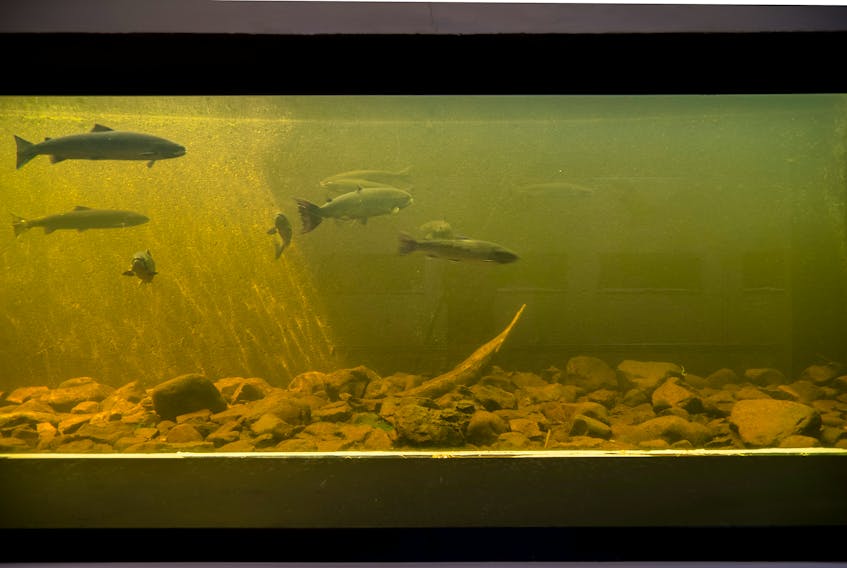To Donald Hustins: the sky is not falling! I say this in response to your letter of Feb. 20 to the Telegram titled “DFO minister must halt killing of wild Atlantic salmon.”
Yes, the salmon fishway counts were down somewhat in 2016 and substantially in 2017, but there was a similar downturn in the counts in 2006 and 2007, and the culprit at that time was primarily severe sea ice conditions along the Northeast coast of Newfoundland, particularly in 2007.
But in 2008 the fishway counts rebounded and doubled or better than doubled in many Newfoundland and Labrador rivers over the previous year and increased substantially in other rivers.
So, history has shown that the 2017 low salmon-return phenomenon is nothing new. Last years ice conditions around Newfoundland and Labrador were among the worst on record.
DFO fishway statistics are published online for each year going back as far as 1974.
The two individual fishway charts to which I am referring show large salmon counts and small salmon counts and for recent years the counts are a combination of both large and small salmon. The charts must be read properly to get an accurate picture, but overall the trend has been upward, except for the years I mentioned previously.
So, what happens this year if we have normal ice conditions along the north coast of Newfoundland resulting in normal or above normal salmon returns? Will that change the current campaign aimed at shoving retention anglers off the rivers? Of course, it won’t!
The negative effects of low salmon returns to Newfoundland and Labrador rivers in 2017 gave the Atlantic Salmon Federation (ASF) and their affiliates a perfect platform to forcefully lobby the federal minister of fisheries along the lines of eliminating retention angling altogether or drastically reducing retention quotas from the bare-bones six small salmon we are currently allowed to one or two fish for the entire season.
Either way, such a move will discourage and displace the majority of retention anglers, leaving a minority of catch-and-release anglers to selfishly catch and play havoc with migrating wild Salmon as they make their way upstream to spawn.
Given that we have 200 plus salmon rivers in Newfoundland and Labrador for DFO and the province to monitor, who do you think is going to win if retention anglers are driven away Mr. Hustins? The gillnet poachers of course!
We saw the devastating effects of a catch-and-release-only fishery on a few of our west coast salmon rivers back in the late nineties. The salmon stocks in Harry’s river and neighbouring rivers, over a period of a few short years, came very close to being endangered. But forget about that, Mr. Hustins, because you and your friends at the ASF are so focused on shutting down retention angling in this province that you ignore the past and fail to see the big picture looking forward.
Jed Sampson
Port au Port









